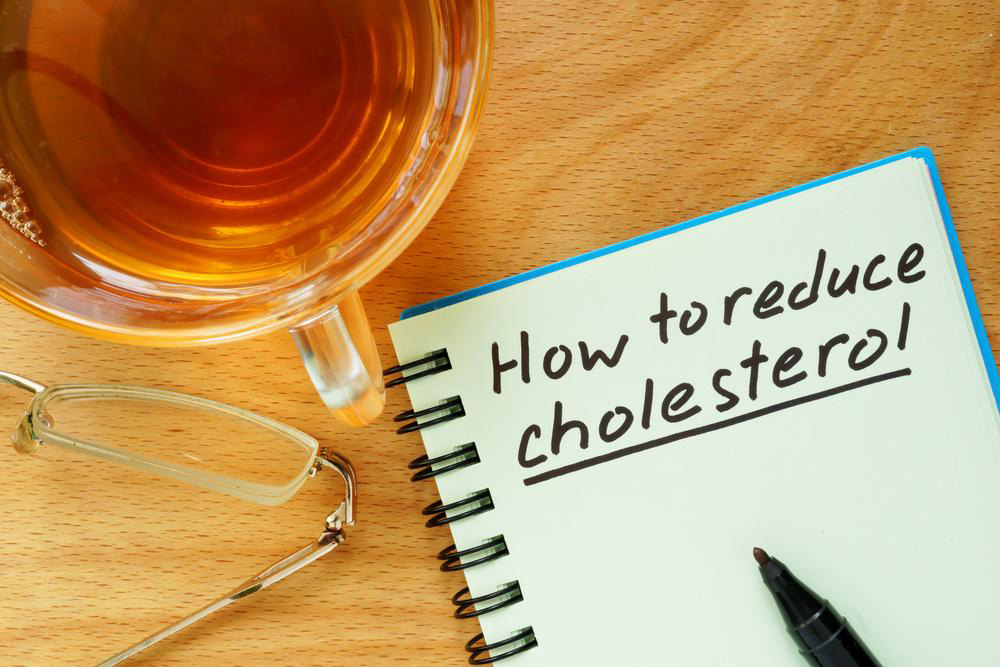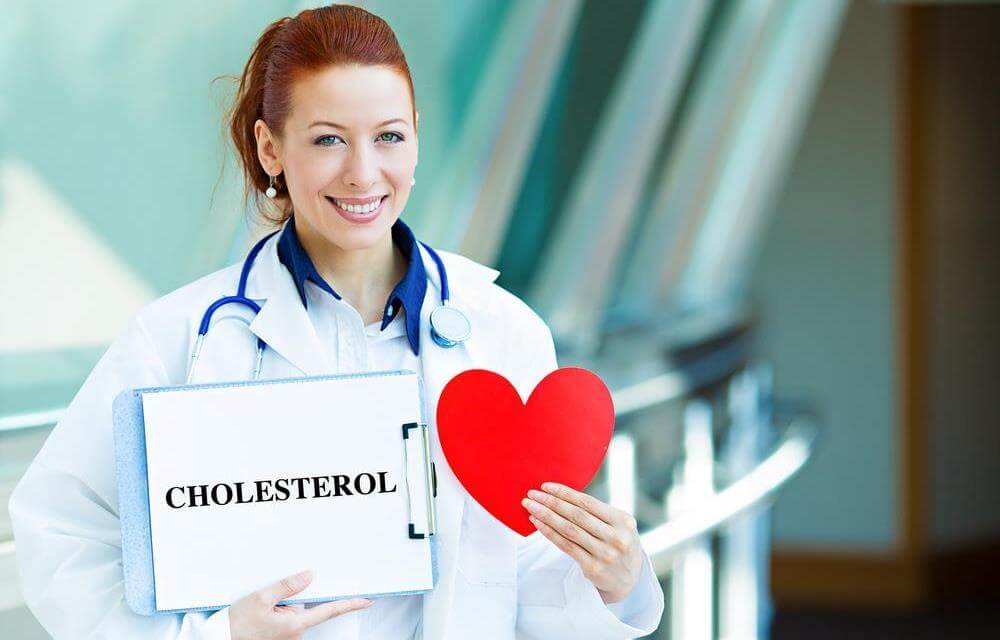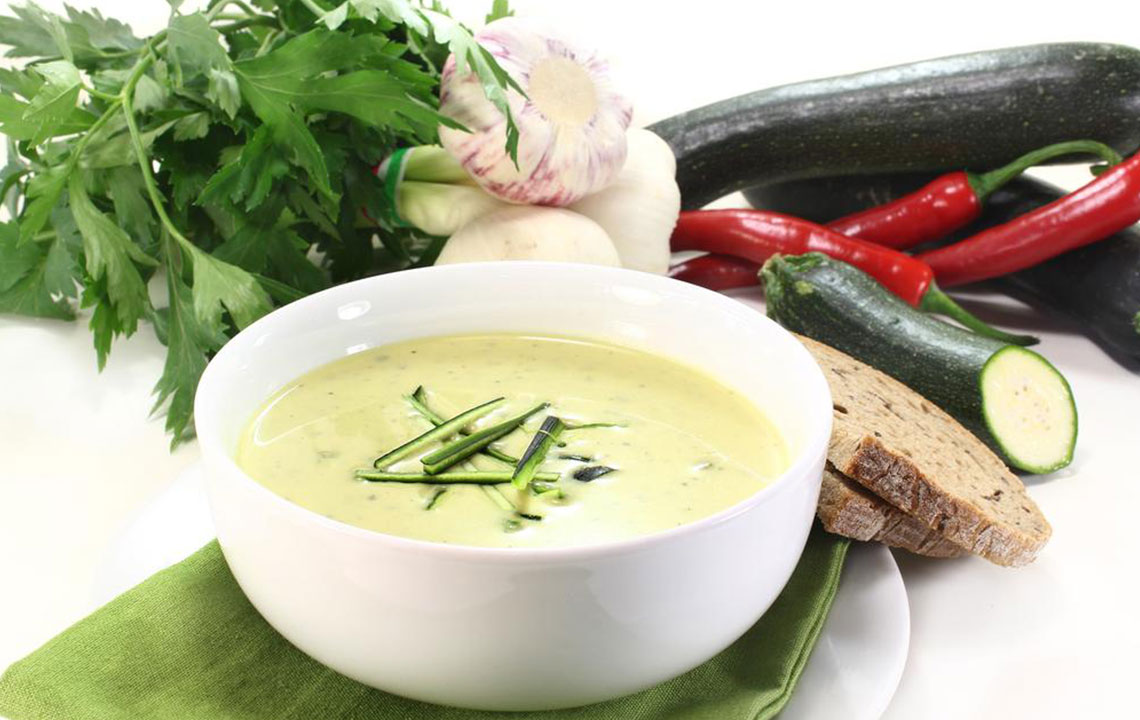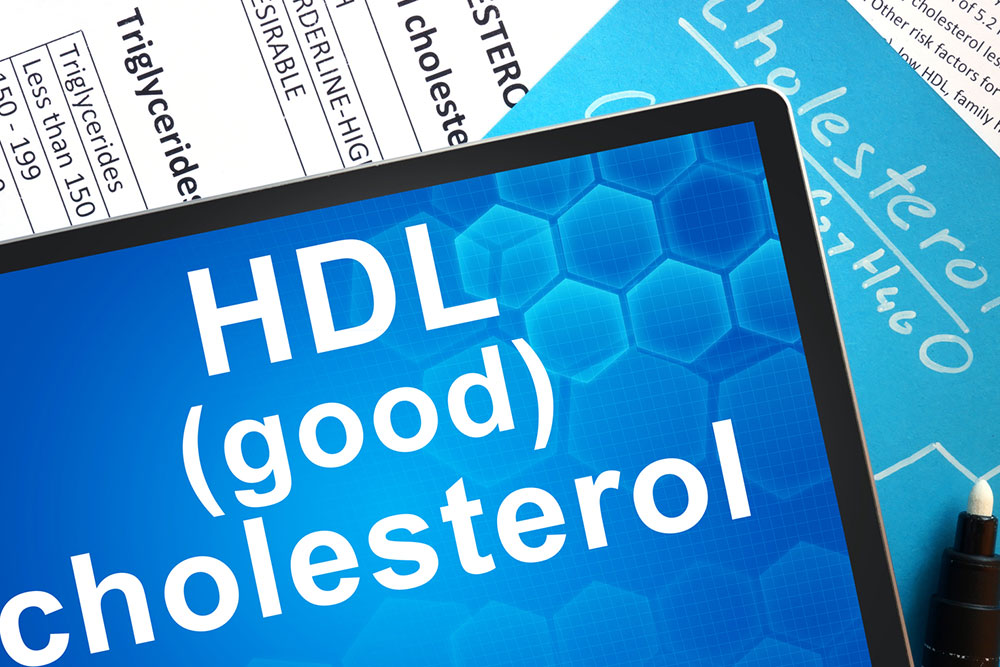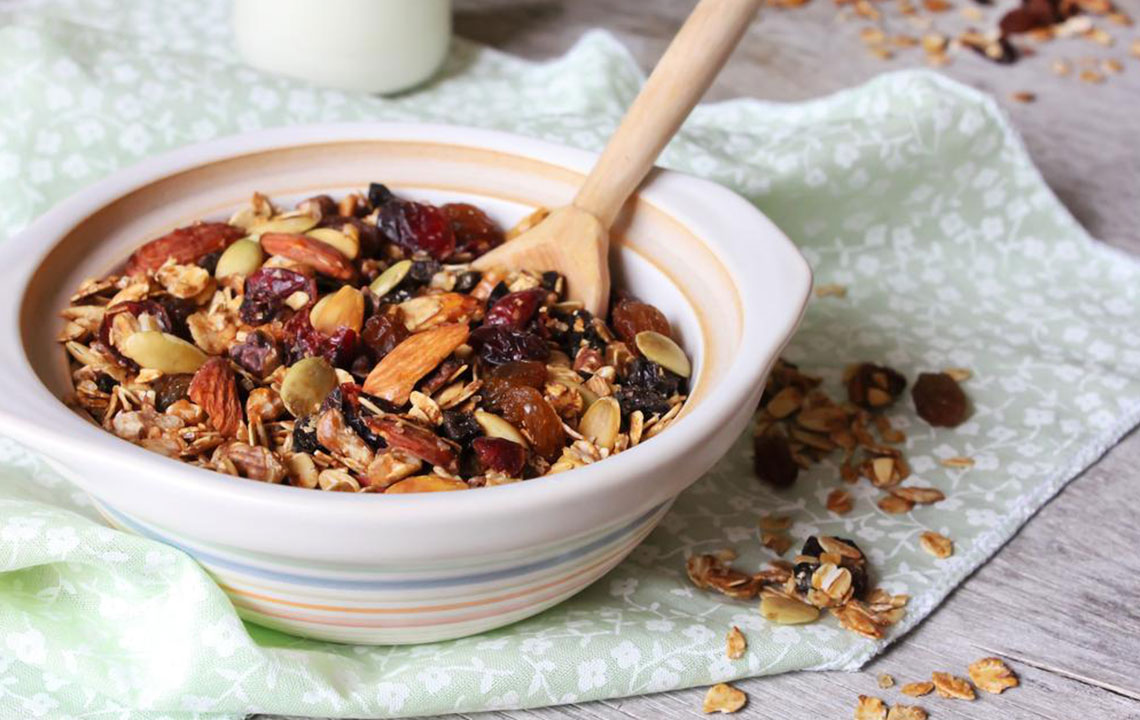Effective Strategies to Reduce Cholesterol Naturally and Medically
Discover effective natural and medical methods to lower high cholesterol levels. This guide covers medication alternatives like bile acid sequestrants, ezetimibe, niacin, fibrates, and omega-3s, along with dietary and exercise strategies. Implementing these lifestyle changes with professional guidance can enhance heart health and reduce cardiovascular risks without solely relying on statins.
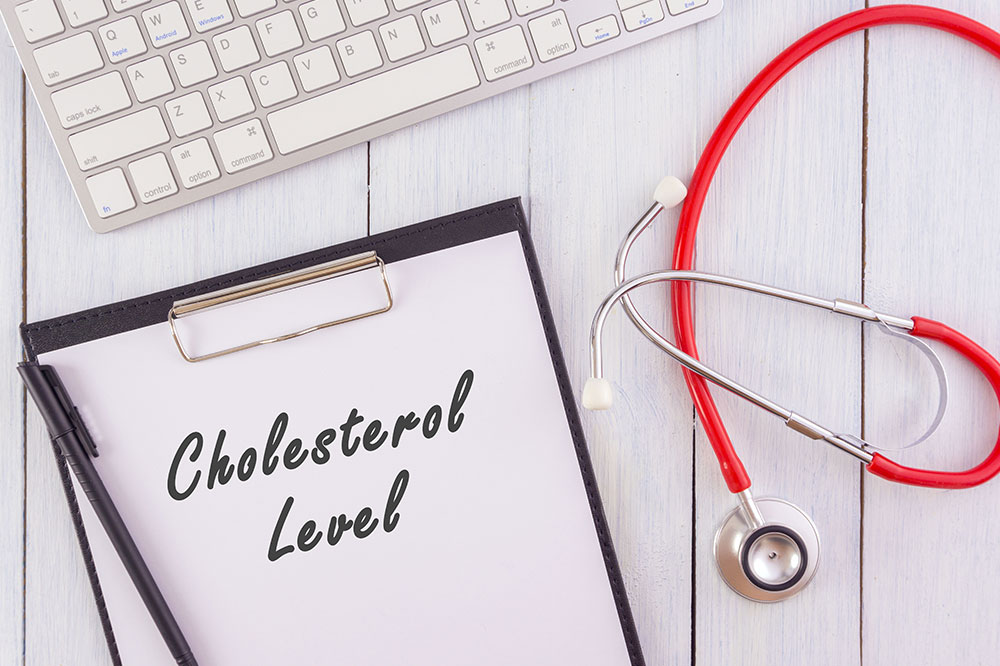
Effective Strategies to Reduce Cholesterol Naturally and Medically
While statins are commonly prescribed to lower elevated LDL cholesterol levels, they may cause side effects or prove ineffective, especially in cases involving genetic predispositions.
Learn about alternative approaches to managing high cholesterol that can complement or replace statin therapy.
Medications
Several options besides statins are available, and your healthcare provider can recommend suitable choices based on your health profile.
Bile Acid Sequestrants
These drugs bind to bile acids in the intestines, helping eliminate cholesterol through stool. When bile acids are reduced, the liver compensates by pulling more cholesterol from the bloodstream, effectively lowering LDL levels. Examples include colestipol, cholestyramine, and colesevelam.
Ezetimibe
This medication blocks intestinal proteins responsible for cholesterol absorption, reducing the amount entering the bloodstream. It also decreases the cholesterol supply to the liver, prompting it to extract more from circulation, which assists in lowering overall cholesterol levels.
Niacin (Vitamin B3)
Niacin promotes healthy HDL levels and reduces triglycerides. Although it may not be as potent as other medications, it is often recommended to balance blood lipids and avoid statin side effects.
Fibrates
These drugs target VLDL production in the liver, reducing triglycerides and cholesterol. Examples include gemfibrozil and fenofibrate.
Omega-3 Fatty Acids
Rich in polyunsaturated fats, Omega-3s support HDL production and help lower triglycerides and LDL cholesterol. They can be obtained from fish, flaxseed, or supplements.
Always consult your healthcare professional before starting any new treatment, as these medications can have side effects or interactions.
Dietary ModificationsTarget your diet to reduce cholesterol by emphasizing natural, minimally processed foods. While the link between saturated fats and cholesterol is debated, focus on healthy fats, increasing intake of vegetables, fruits, and whole grains.
Foods to include are:
Spinach - High in lutein, spinach helps prevent artery clogging and supports cardiovascular health.
Avocado - Contains beta-sitosterol, which inhibits cholesterol absorption.
Dark Chocolate - Rich in antioxidants, it helps prevent blood clot formation. Choose 70% or higher cocoa content.
Olive Oil - Use for cooking to benefit from healthy plant fats that reduce cholesterol absorption.
Beans - A good source of fiber and monounsaturated fats, supporting cholesterol reduction.
Tea - Antioxidant-rich teas help lower lipid levels and protect cells.
Garlic - Contains compounds that prevent arterial plaque buildup.
Red Wine - Contains antioxidants like resveratrol, offering protective effects. Drink in moderation.
Oats - Rich in beta-glucan, they absorb LDL cholesterol to improve blood levels.
Physical ActivityRegular exercise is essential for maintaining healthy cholesterol. Starting with moderate activities such as brisk walking, gardening, or cycling can be highly effective. More vigorous exercises like running, swimming, hiking, or team sports can further improve lipid profiles. Incorporating weight training also boosts metabolism and helps lower cholesterol naturally, serving as an alternative to medication.
Adopting these lifestyle changes can significantly improve your cholesterol levels and overall heart health. Always discuss new strategies with your healthcare provider to ensure they’re appropriate for your individual needs.

